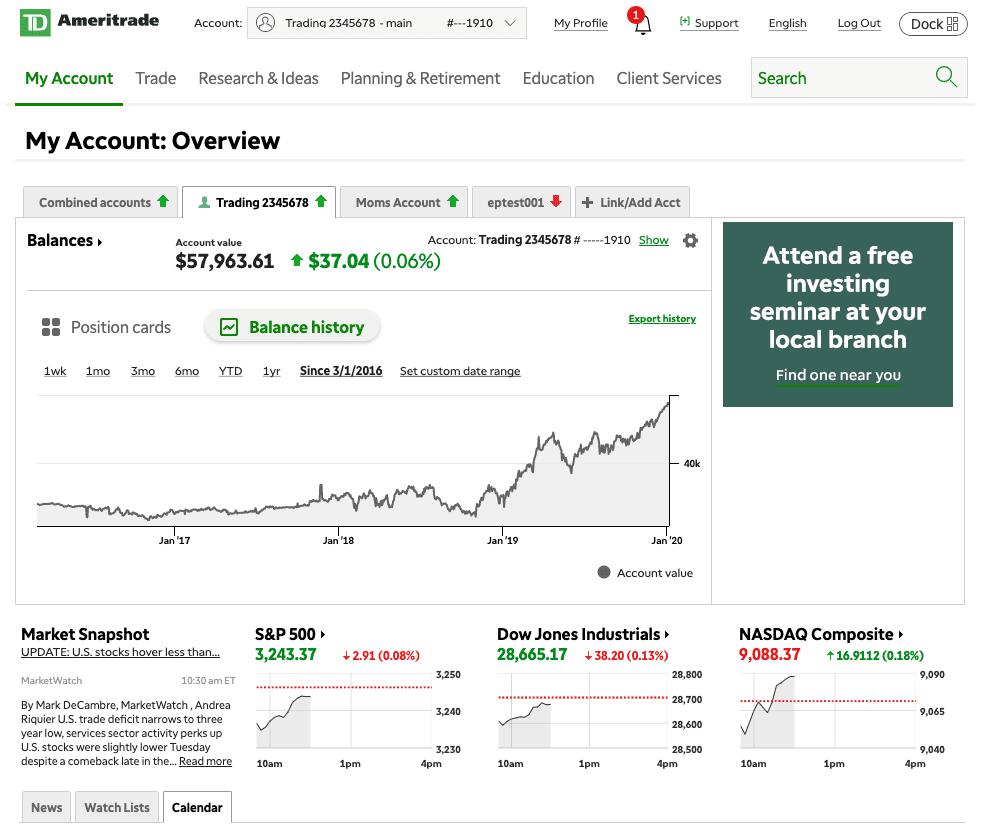

Unlike other government bonds, investors receive a single payment when the bond matures, but no periodic interest payments prior to that. Zero coupon bonds are issued by the federal government or by a municipal government. The risk of investing in these bonds varies based on the credit rating of the agency that issued them. There are two main categories of municipal bonds: general obligation backed by taxing power, and revenue bonds, backed by revenues from a project.Īgency bonds are issued by federally-sponsored agencies, though these investments are not guaranteed by the U.S. Municipal bonds or “munis” are issued by states, their agencies and subdivisions, such as counties and municipalities. These bonds usually earn higher interest than CDs or government-backed bonds with the same maturity, but can experience greater price volatility. They have tax advantages but, because their risk is considered low, the bonds usually earn lower interest than other kinds of fixed-income securities.Ĭorporate bonds are issued by companies, with the risk varying by credit rating. government and are generally considered very safe.

Here is a further breakdown of some of the main types of bonds. Brokered CDs that you choose to sell prior to maturity in a secondary market may result in loss of principal due to fluctuation of interest rates, lack of liquidity, or transaction costs. They are similar to CDs purchased directly from a bank, except they can be traded on the open market. The types of CDs available through TD Ameritrade are called brokered CDs.

To help protect against risk, CDs are federally insured by the FDIC. Since these are not as flexible as, say a regular savings account, interest rates do tend to be higher. Bonds may be subject to liquidity (or market) risk, interest rate risk (bonds ordinarily decline in price when interest rates rise and rise in price when interest rates fall), financial (or credit) risk, inflation (or purchasing power) risk and special tax liabilities.ĬDs: Certificates of Deposit (CDs) are a deposit product issued by a bank that’s both fixed in term and rate. They generally pay a fixed interest rate and return the principal at maturity. What exactly are bonds and CDs?īonds: These are loans to corporations, governments or municipalities that are used as investment vehicles. Fixed income investments are those that generate a specific rate of return on a regular basis until the maturity date. In the investing world, bonds and CDs fit into the general category of fixed income.


 0 kommentar(er)
0 kommentar(er)
